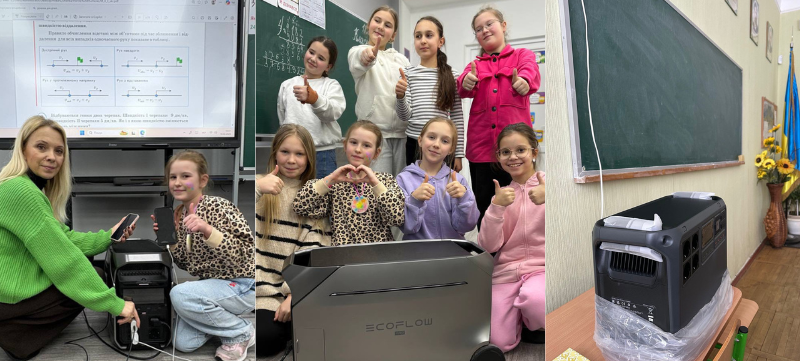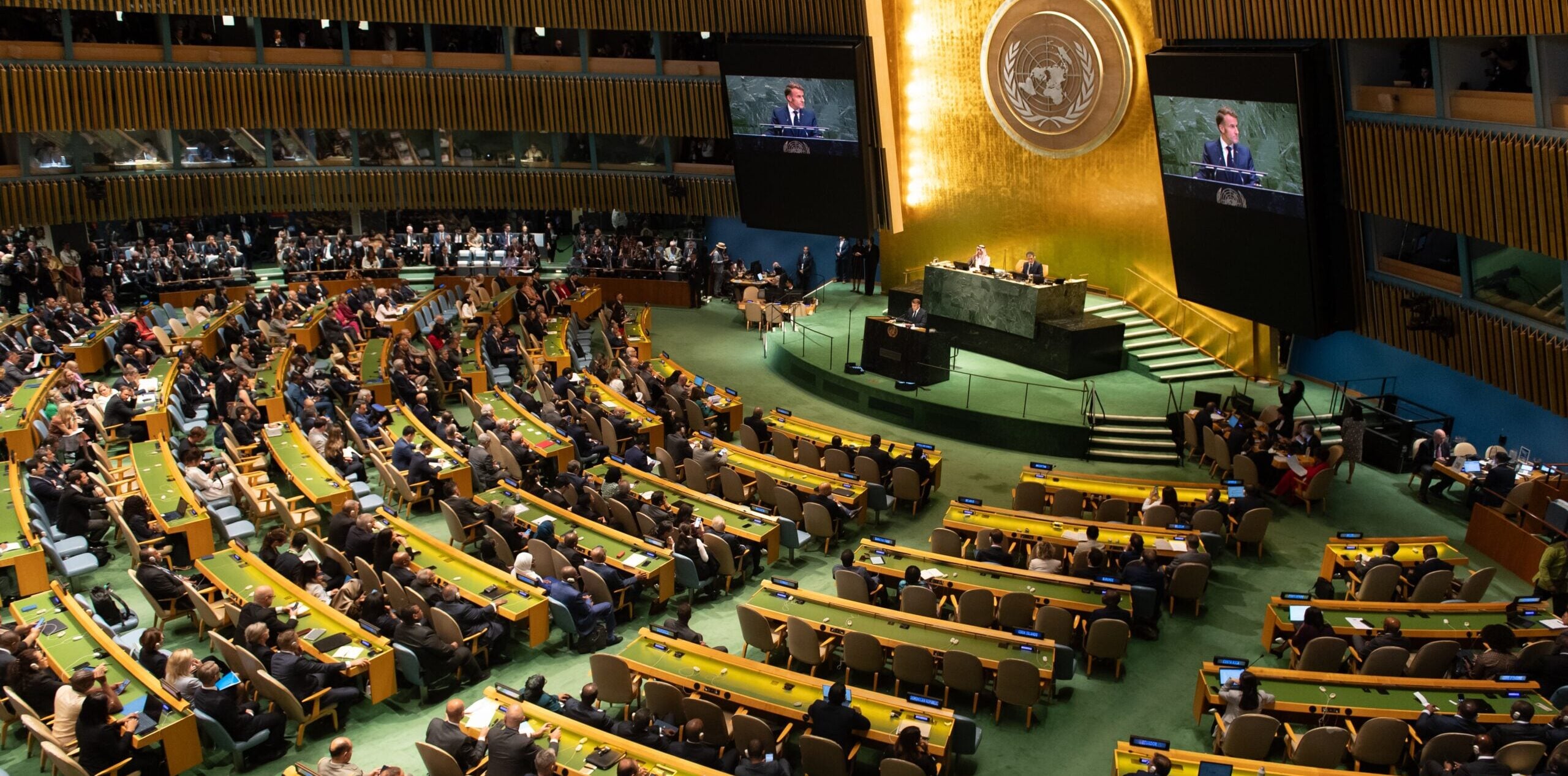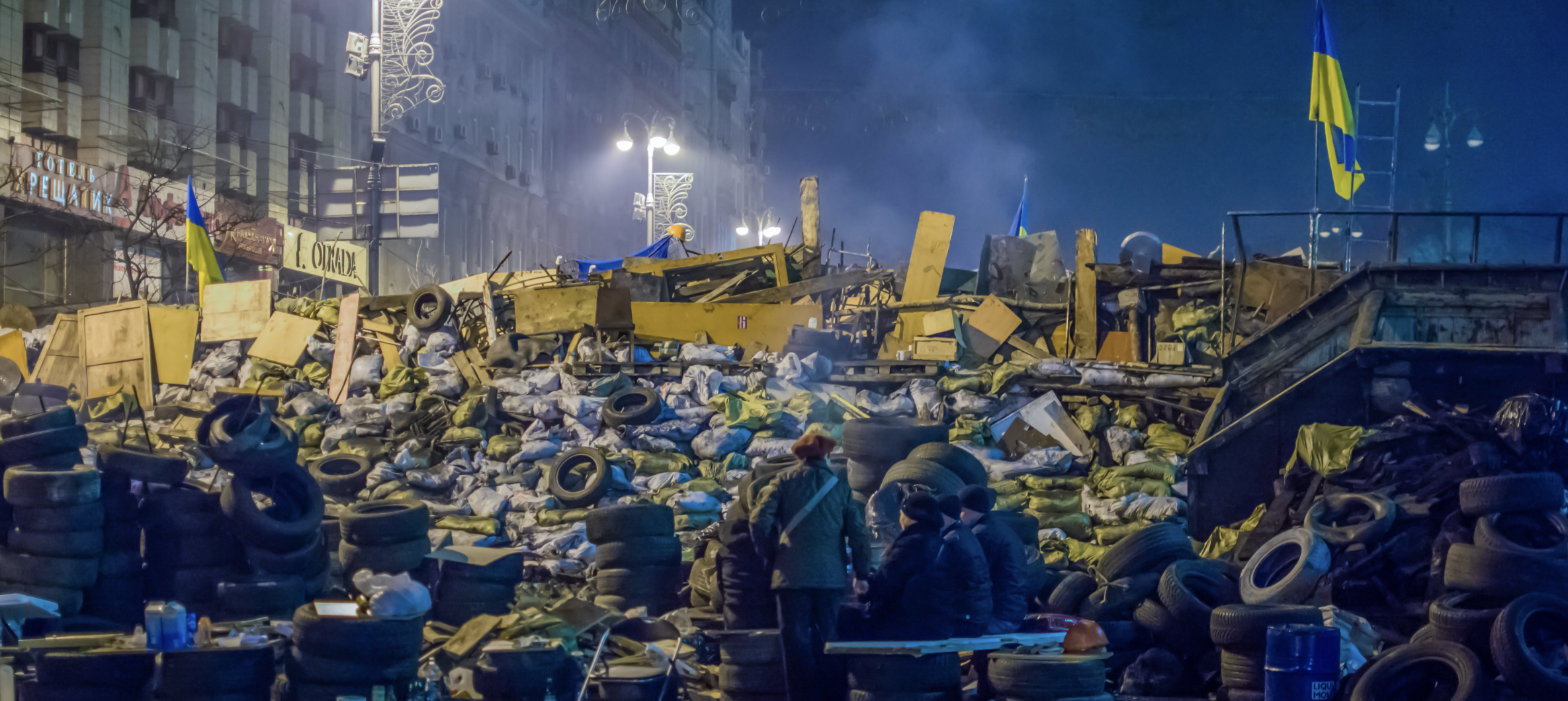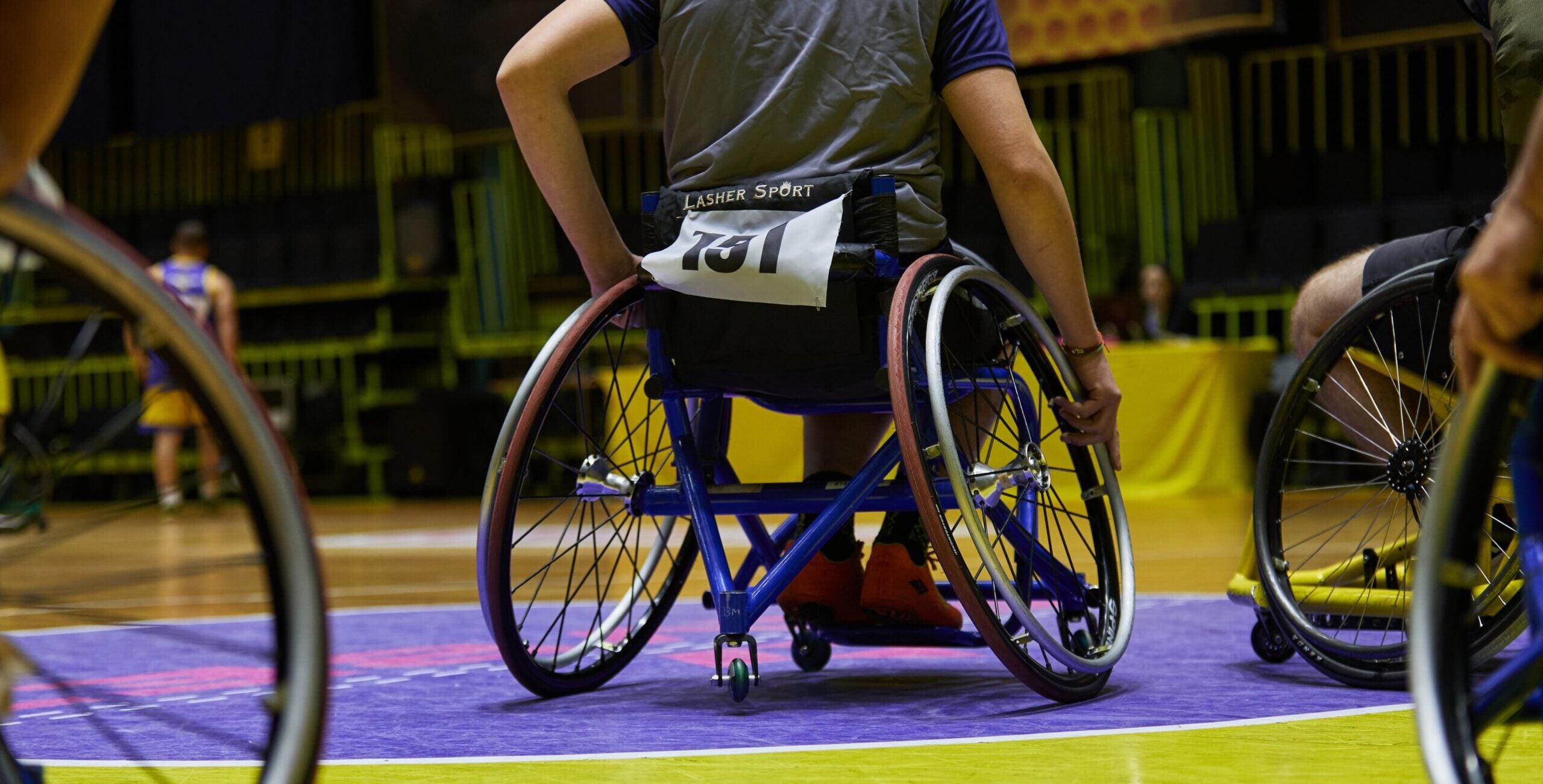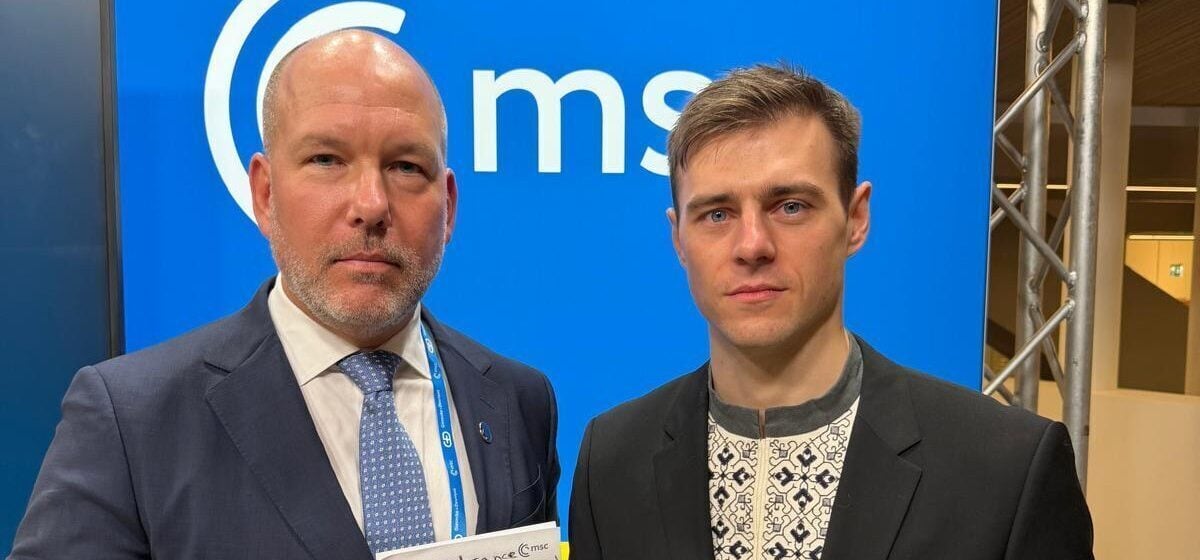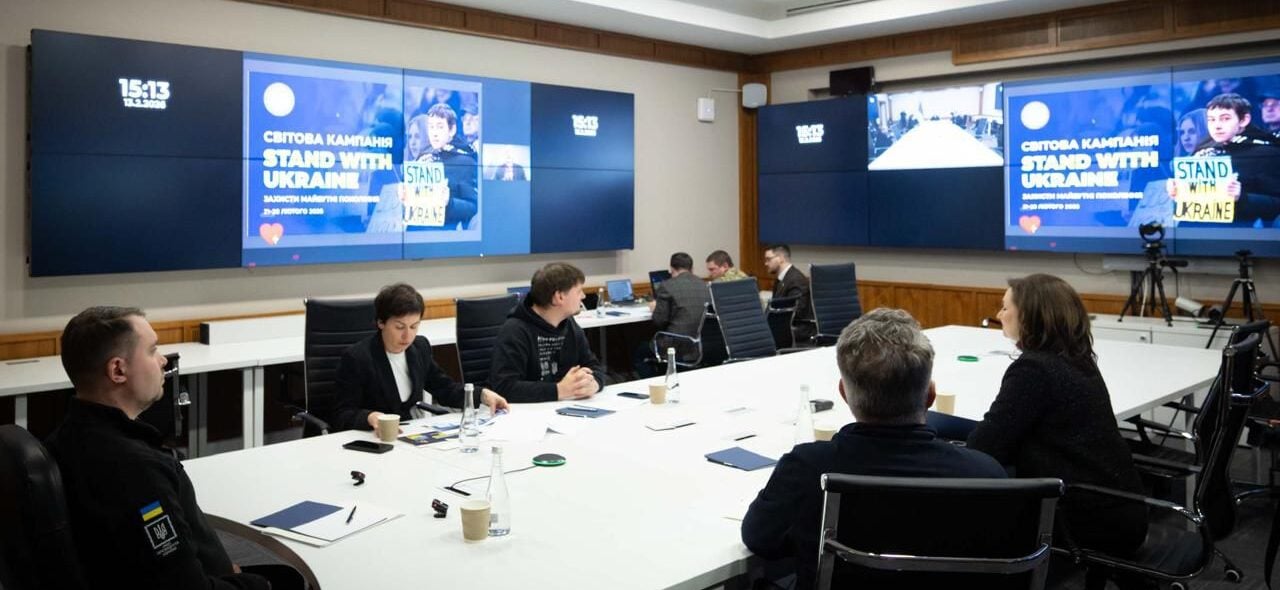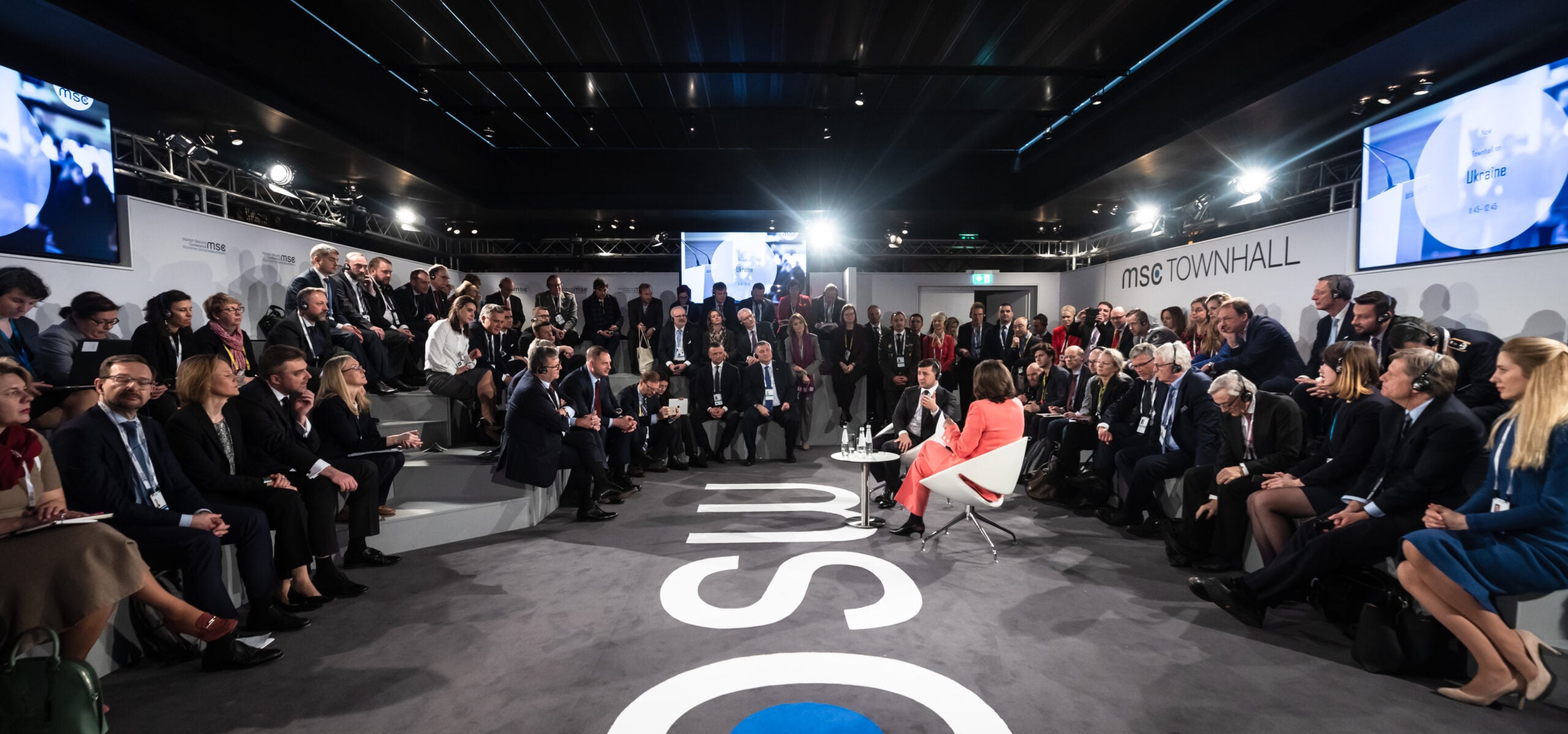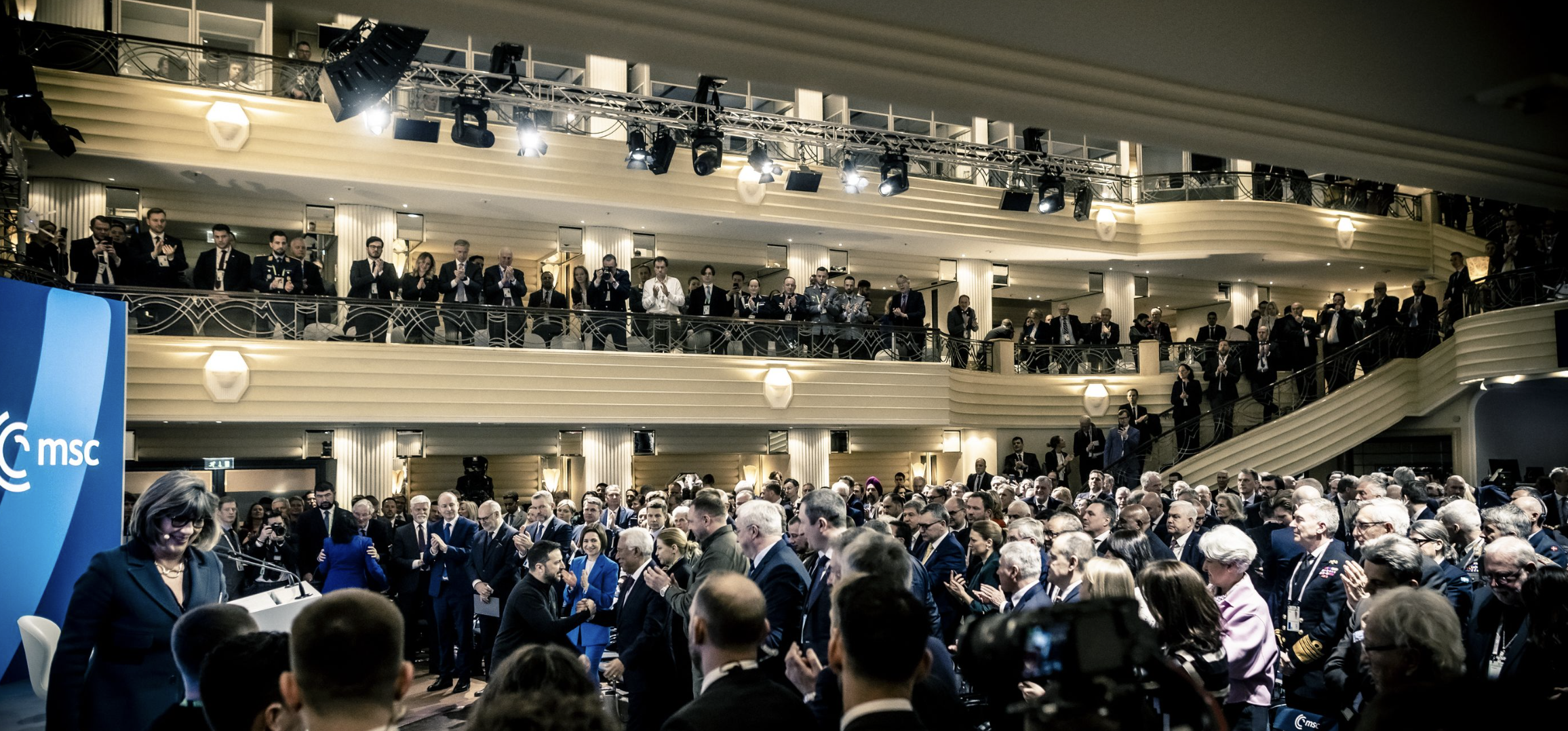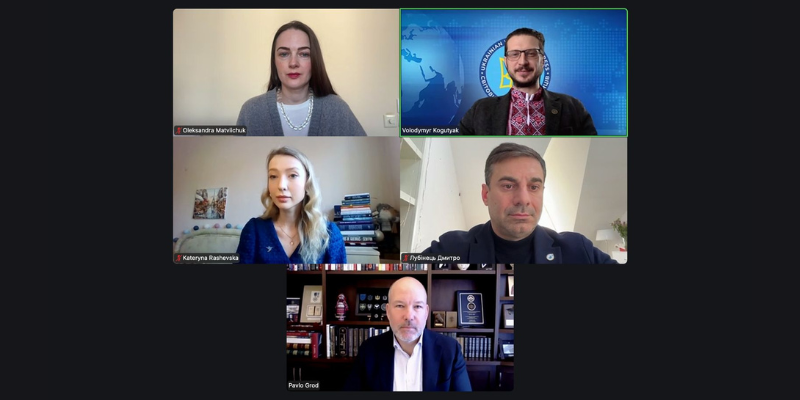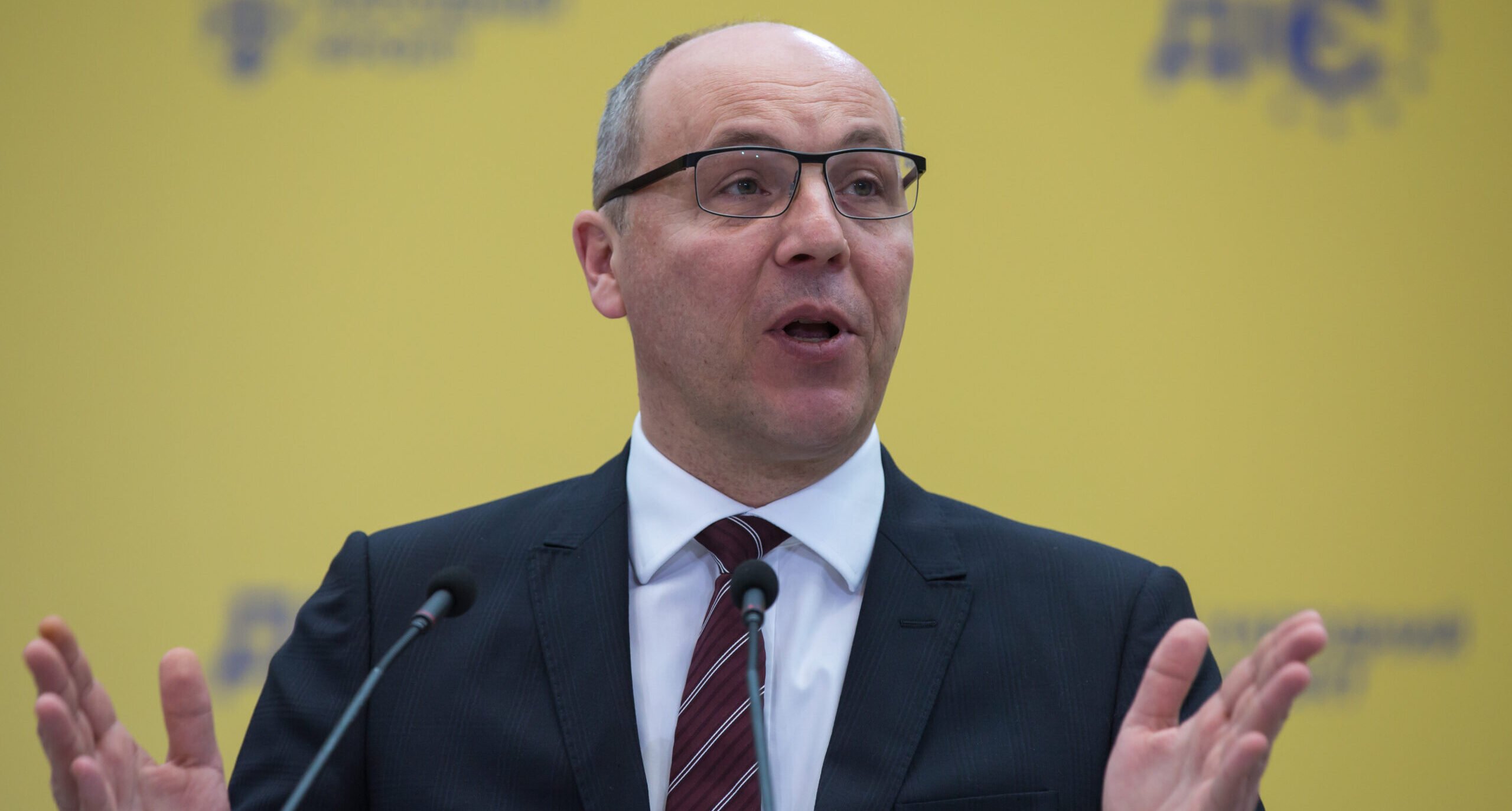
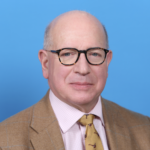
by James Sherr, a Senior Fellow of the International Centre for Defence and Security in Tallinn, a Senior Associate Fellow of the Institute of Statecraft, a Visiting Fellow of the Razumkov Centre
Source: the International Centre for Defence and Security in Tallinn
It is not yet known whether Russian entities ordered the assassination of Ukraine’s 54-year-old former Parliamentary speaker, Andriy Parubiy, on 30 August. But the fact that the suspect who confessed to the murder denied he was working for Russia will not impress everyone. ‘He lies like an eyewitness’ is a well-known refrain in Russia and Ukraine. One day, we might have conclusive evidence about how so apparently hapless an individual succeeded in executing such a meticulous operation entirely on his own, without ‘curators’ and handlers.
What is known is that Parubiy was hated in Russia. His life and views were the refutation and antithesis of President Vladimir Putin’s 2021 apologia, “On the historical unity of Russians and Ukrainians,” which amounted to a manifesto for Russia’s full-scale invasion of Ukraine in February 2022. The conviction that “Russia is the source of all trouble in Ukraine” motivated Parubiy’s entire career.
A career forged in revolution
Parubiy’s youthful radicalism earned him much acclaim in Lviv Oblast, the region of his birth. But were it not for Ukraine’s Orange Revolution of 2004-5, he might have remained a regional figure. In both the Maidan of 2004-5 and the Euromaidan and Revolution of Dignity of 2013-14, he played a major role in organising protests, maintaining security and, with injuries to show for it, combatting infiltrators, provocateurs and the notorious Berkut (‘Golden Eagle’) special police. On 21 February 2014, Parubiy was one of the Maidan leaders who refused to endorse an agreement on the settlement of the political crisis negotiated between President Viktor Yanukovych and three EU foreign ministers. As it was, the astonishing withdrawal of the Berkut and sudden disappearance of Yanukovych headed off full-scale insurrection. Yanukovych was duly impeached by the Verkhovna Rada the following day.
It was the war launched by Russia following Yanukovych’s impeachment that propelled Parubiy to high office. It substantially diminished Ukraine’s endemic regional divisions and consolidated the country. Thus, Parubiy’s appointment as Secretary of the Council of National Security and Defence (SNBO) by Acting President Aleksandr Turchynov, once unthinkable, was no longer remarkable. In this capacity, Parubiy played an instrumental role in consolidating a Ukrainian army much weakened under Yanukovych’s predatory presidency and shoring up Ukraine’s defences in the east. Reappointed by Petro Poroshenko after his election to the presidency in May, he was one of his few top advisers who had the temerity to give advice, and he was removed from his post in August. After fresh parliamentary elections as part of a new party, People’s Front, formed with Prime Minister Arseny Yatsenyuk, he emerged as Deputy Speaker. The war was not confined to Donbas. In December, the former Commander of Internal Forces (MVD) under Yanukovych, maybe or maybe not at Moscow’s behest, organised an assassination attempt against Parubiy — at that, unsuccessful.
Despite his support of Poroshenko, Parubiy expressed palpable foreboding about the 2014-15 Minsk accords — “which Putin will not fulfil and whose plans do not end with Minsk.” He was elected Speaker of the Verkhovna Rada in 2016, then re-elected to the Rada in 2019, second on the list of Poroshenko’s party, European Solidarity, after Zelenskyy’s Servant of the People swept the parliamentary elections and removed Parubiy from the Speaker’s chair. That did not stop him, adding to Moscow’s ire by promoting autocephaly (canonical independence) for the newly established Orthodox Church of Ukraine.
As a key member of Poroshenko’s party, Parubiy was in opposition to Volodymyr Zelenskyy from the beginning. It did not help matters that the latter focused his 2019 presidential campaign on the issues of corruption and ‘peace’, sidestepping the issue of Russian aggression. But once in office, Zelenskyy advanced swiftly along the learning curve. He refused to be intimidated by Putin, and adroitly outmanoeuvred him at their one and only summit in December 2019. Thus, after Russia launched its full-scale invasion, Parubiy did his utmost to maintain national unity. Instead of undermining Zelenskyy, he joined the territorial forces outside Kyiv. By 2025, he had largely retreated from public life. In Ukraine, former speakers of Parliament and secretaries of the SNBO receive security protection for one year after their retirement. Thus, on the day of his assassination, Parubiy had none.
